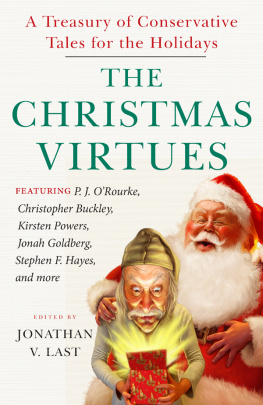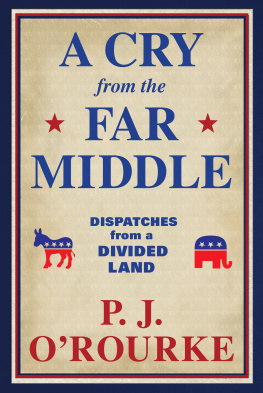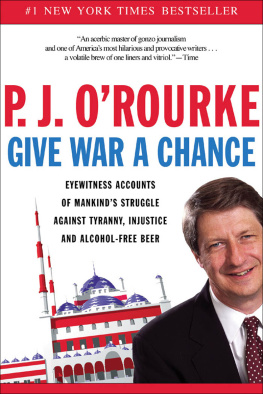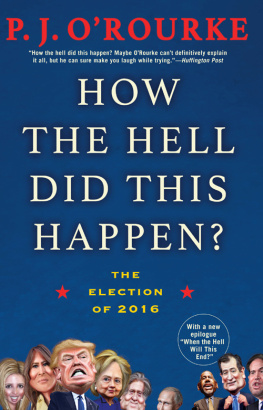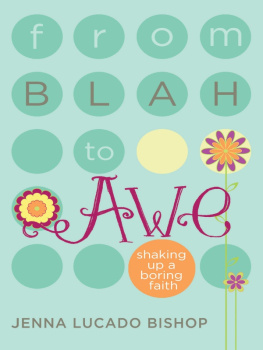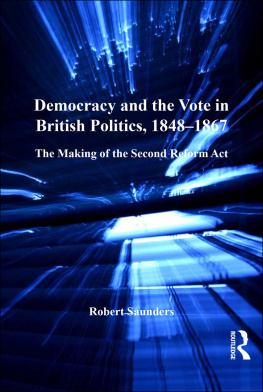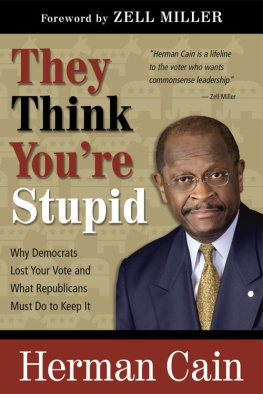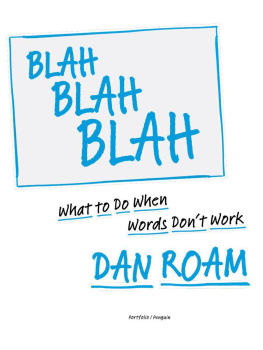DONT VOTE
It Just Encourages the Bastards
ALSO BY P. J. OROURKE
Modern Manners
The Bachelor Home Companion
Republican Party Reptile
Holidays in Hell
Parliament of Whores
Give War a Chance
All the Trouble in the World
Age and Guile Beat Youth, Innocence, and a Bad Haircut
Eat the Rich
The CEO of the Sofa
Peace Kills
On The Wealth of Nations
Driving Like Crazy
DONT VOTE
It Just Encourages the Bastards
P. J. ORourke

Copyright 2010 by P. J. ORourke
All rights reserved. No part of this book may be reproduced in any form or by any electronic or mechanical means, including information storage and retrieval systems, without permission in writing from the publisher, except by a reviewer, who may quote brief passages in a review. Scanning, uploading, and electronic distribution of this book or the facilitation of such without the permission of the publisher is prohibited. Please purchase only authorized electronic editions, and do not participate in or encourage electronic piracy of copyrighted materials. Your support of the authors rights is appreciated. Any member of educational institutions wishing to photocopy part or all of the work for classroom use, or anthology, should send inquiries to Grove/Atlantic, Inc., 841 Broadway, New York, NY 10003 or permissions@groveatlantic.com.
Published simultaneously in Canada
Printed in the United States of America
E-book ISBN: 978-0-8021-9626-2
Atlantic Monthly Press
an imprint of Grove/Atlantic, Inc.
841 Broadway
New York, NY 10003
Distributed by Publishers Group West
www.groveatlantic.com
To my wife, Christina,
for her encouragement of this particular bastard
and for not imposing term limits
Contents
PART I
THE SEX, DEATH, AND BOREDOM THEORY OF POLITICS
PART II
WHAT IS TO BE DONE?
PART III
PUTTING OUR BIG, FAT POLITICAL ASS ON A DIET
Acknowledgements
The title belongs to the great American political consultant, campaign strategist, advance man, and political prankster Dick Tuck. More than thirty years ago Dick told me that Dont voteit just encourages the bastards was a favorite saying of his mother.
Dick Tuck was the Nemesis of Dick Nixon. At the first NixonKennedy debate Tuck hired an old lady to get in front of the TV cameras wearing a Nixon button and throw her arms around the sweaty candidate who thought hed bested his young opponent. Dont worry, son, the old lady said loudly. He beat you now, but youll get him next time.
Tuck did some of his best work for the Kennedys, in particular the most estimable of them, Robert. Dick, I apologize for any harsh words about my fellow bogtrotters in the following pages. Although Tuck and I are, politically, an aisle apart, Ive never had a partisan argument with him. Who could argue with the Nemesis of Dick Nixon?
Along with some jokes, this book is a work of political theory. As such it is not too original, and I mean that in a good way. Nothing is worse than a too original political theory except perhaps a too original cookbook. Bring water to a boil and immerse live pythons. To call a political theorist derivative is to admit that he or she has paid some attention to the eon of human political activity from which political theory derives.
Any reader who notices my use of the phrase politics is an arrangement among persons (or my use of the phrase Its not a thinking mans game) may suspect that Dont Vote is a gloss or a glib exposition upon Michael Oakeshotts 1947 essay Rationalism in Politics. And thats true. Or I think maybe its true. Twenty years of intermittent efforts were required for me to push my way through the prose brambles of Oakeshotts thesis. What you read here may be a passage of thought, or it may be a record of scratched mental tissue and torn ideological clothing resulting from an attempt to follow in Oakeshotts footsteps.
There are other writings that should be consulted for smarter versions of what Ive written. Novus Ordo SeclorumThe Intellectual Origins of the Constitution by Forrest McDonald delivers what it promises it will. Adam Smiths The Theory of Moral Sentiments was the best work (and still is) of moral philosophy available as the moral philosophy of America was being formed. McDonald believes that The Theory of Moral Sentiments and The Wealth of Nations were the dominant flavorings to the broth of intellect in which Americas founders stewed. (A silly metaphor but one of the pleasures an author takes in writing acknowledgements is knowing that they go to press lightly edited.)
All there really is to say about the politics of liberty is contained in Paines dictum man has no property in man. But I have a crumbling, old collection of Paines work (cover price 50) where, in a windy introduction by John Dos Passos, Paines limitations are inadvertently pointed out. Dos Passos damns Paine by praising his faith in mans unaided reason. A fellow hated by both the king of England and Robespierre and distrusted by John Adamssurely there was more to Paine than that.
Thomas Paine by Craig Nelson and Thomas Paines Rights of Man by Christopher Hitchens gave me a better understanding of one Tom. And Hitchenss Thomas Jefferson: Author of America shed light on the complications of another. That book also ends with a splendid line of Christophers, which I meant to find a place for in this book. Here will have to suffice: History is a tragedy and not a morality tale.
While randomly pulling books from my reference shelf to look up some small historical matter I made the happy find of Hugh Brogans The Penguin History of the United States of America. My copy was published in England in 1990, and I seem to have owned but not consulted it for a score of years. Brogan turns out to have a discerning eye for the manifold threads of populism in American politics. I thank him for an improved comprehension of Jacksonian Democrats, Radical Republicans, Greenbackers, and Progressives.
As to populism, I was holding forth in a lecture hall not long ago and, in answer to a question about the Tea Party movement, I said, At least they arent demanding any further positive rights from government. Name me another American populist group that hasnt demanded new positive rights. A voice from the crowd called out, The Whiskey Rebellion! Point taken.
For the concept of positive and negative rights, Iand all the rest of usowe gratitude to Isaiah Berlin and his 1959 book Two Concepts of Liberty.
When Im faced with political-economy conundrums (and political economy seems to contain nothing else), I fall back on a few works filled with common sense: The Road to Serfdom by Friedrich Hayek, Economics in One Lesson by Henry Hazlitt, Capitalism and Freedom by Milton Friedman, and Free to Choose by Milton and Rose Friedman.
These books are moral as well as material guides. Dr. Larry Arnn, president of Hillsdale College, once had an argument with Milton Friedman on this point. It went something like this:
Arnn: Free to Choose is a deeply moral book.
Friedman: Free to Choose is a book of practical economics.
Arnn: Its a moral book.
Friedman: Its a practical book.
Arnn: Its a moral book.
Friedman: I wrote it, and I say its a book of practical economics.
Arnn: Once you write it, it isnt yours anymore. I read it, and I say its a moral book.
Next page

